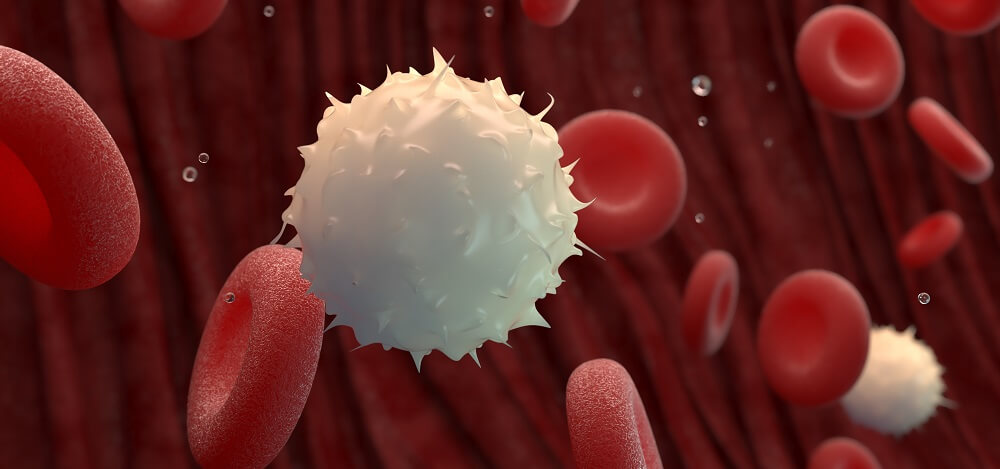Contrasting red blood cells, white blood cells are shapeless and have spikes at their surface; these serve as antennas. The B cell is most of the time a soldier, who has a particular set of spikes surrounding it.

Each set of protrusions is what scientists call antibody. Every antibody has a doppelganger from the underground world called the antigen. In other words, our fighters carry antibodies which interact/fight with particular antigens from pathogens.
When a B cell stumbles across an enemy with its corresponding antigen, antibodies surround the enemy. Signals are then sent to the generals (T cells), who start the massive production of the soldiers suited for that disease. They go to a bloody war with a bloody result: either the intruders die, or you die.
When the well-tuned B cell hasn't yet met the threat, your immune system offers a generic response. That's why you get fever for a few days. Yes, fever is not always bad. It permits some enzymes to function well and provide energy for the fighters, while making conditions unbearable for the enemy. But if that B cell does not meet with the threat after a long time, you die.
What a sad issue. Oh there are vaccines! What are vaccines and how they work.